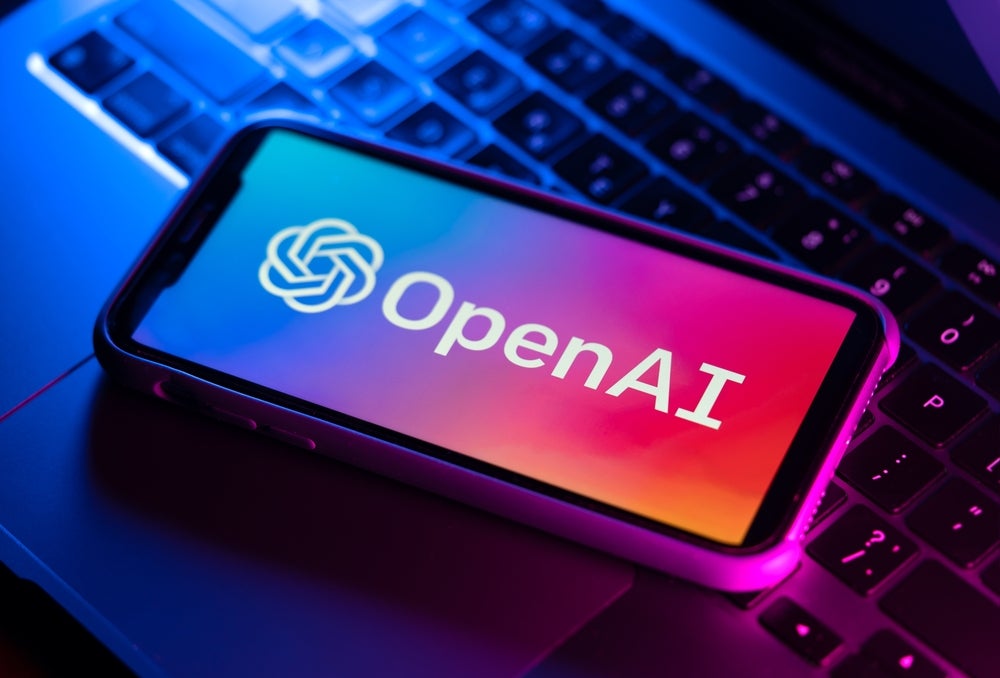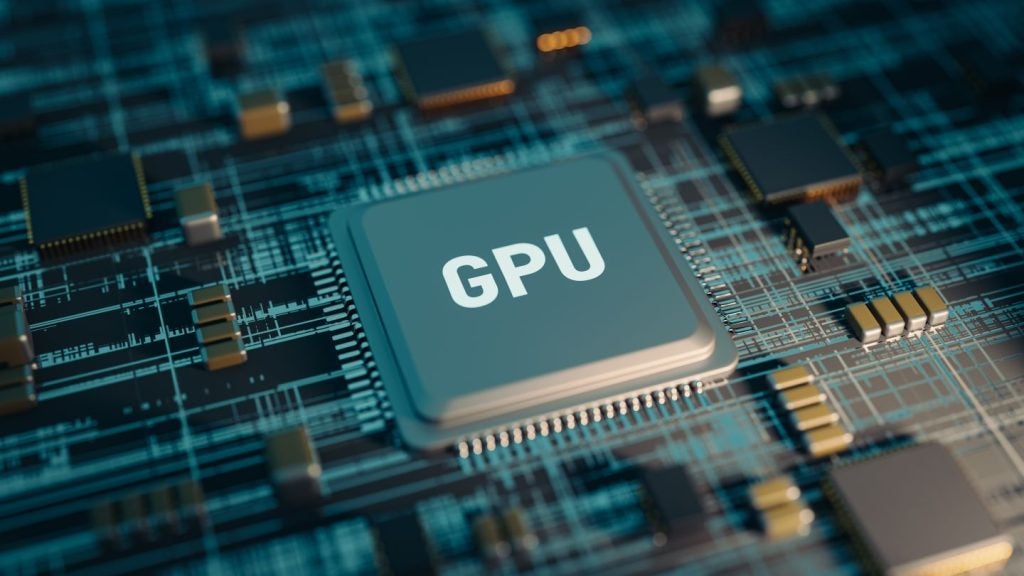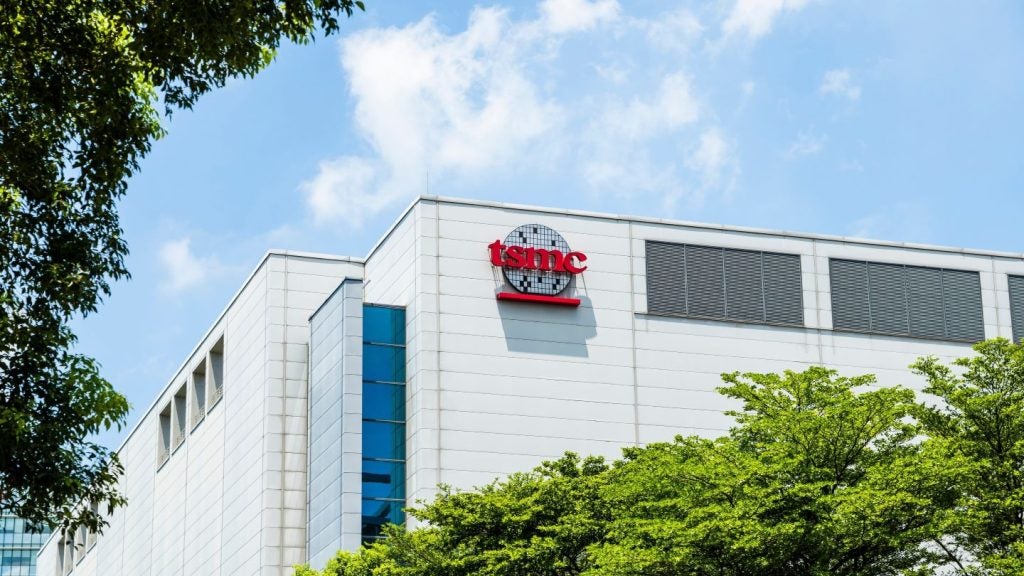In the dynamic world of Silicon Valley, few players have enjoyed the kind of overnight success witnessed by GenAI juggernaut OpenAI.
However, several defections among senior staff during the last few months have rung alarm bells and signalled a continuation of the governance crisis that engulfed the company in November of 2023.
Back then, CEO Sam Altman was ousted by the board, only to be reinstated a few days later when Microsoft, which has invested $13bn in the company, went into damage control mode with an extraordinarily swift response. Since then, Microsoft has worked towards greater independence from its troublesome protégé, diversifying its investments and partnerships and creating a new internal AI department.
In February 2024, the company announced a partnership with Mistral AI that included investing €15m ($16.8m) in the startup. The alliance made Mistral AI the second company after OpenAI to provide commercial large language models (LLMs) on the Microsoft Azure platform. In March, it hired Google DeepMind and Inflection AI co-founder Mustafa Suleyman after splashing out $650m to license Inflection AI’s technology and hire most of its talent. In April, Microsoft continued its diversification strategy by investing $1.5bn in Abu Dhabi’s AI group G42.
Although the successful partnership with OpenAI has given Microsoft an impressive first-mover advantage in the hottest market in tech, allowing it to surpass Apple in capitalisation, there is a fundamental tension at the heart of such a close relationship between one of the largest companies in the world and the startup which, valued at $86bn today, has a different modus operandi and risk appetite.
Senior staff at OpenAI are leaving the company
Several high-profile employees have recently left the company, including co-founder and chief scientist Ilya Sutskever.
More ignominiously, many have deflected to arch-rival Anthropic, famed for prioritising AI safety. In fact, Anthropic was originally formed in 2021 by a group of researchers who left OpenAI due to a disagreement over the company’s direction toward a more commercial path after Microsoft’s involvement.
After resigning from OpenAI in May 2024, former Head of Alignment Jan Leike explained his decision saying that safety culture had taken a backseat to shiny products. Leike departed on the same day as Sutskever, who was also leading one of several teams within the startup overseeing Responsible AI.
Along the way, other damning rumours include the existence of confidentiality clauses preventing former employees to talk about internal policies at the startup. In an interview with the Financial Times, Helen Toner, a former member of the OpenAI board, said that a culture of miscommunication became apparent as early as late 2022, when the board learnt about the release of ChatGPT, which would go on to kickstart the GenAI revolution, only after Sam Altman announced it on Twitter.
An unusual structure
Toner has also accused Altman of instrumentalising the unusual governance structure at the helm of OpenAI for his own purposes and to avoid disclosing information to stakeholders.
The company retains an unusual legal structure that harks back to its origins as a non-profit in 2015, although it has been modified since then, as a partnership between its original non-profit and a new capped-profit arm built in 2019. It seems that the seismic change from being a non-profit startup to a far more commercial entity has been a gigantic step for the company with far-reaching consequences.
As the overall market for GenAI continues to evolve, and the technology matures, it will be interesting to watch the next step in the fascinating OpenAI saga. New startups like Mistral AI have broken into the mainstream with very compelling propositions and the market is so dynamic that it is difficult to predict what will happen next.
Evolving trends such as the advent of SLMs (small language models) to improve ROI for enterprises, and the inevitability of new competitors waiting on the sidelines to seize their opportunity indicate that predicting OpenAI’s next move would be a most futile exercise. Against this backdrop, it is no wonder that a company like Microsoft is hedging its bets.








